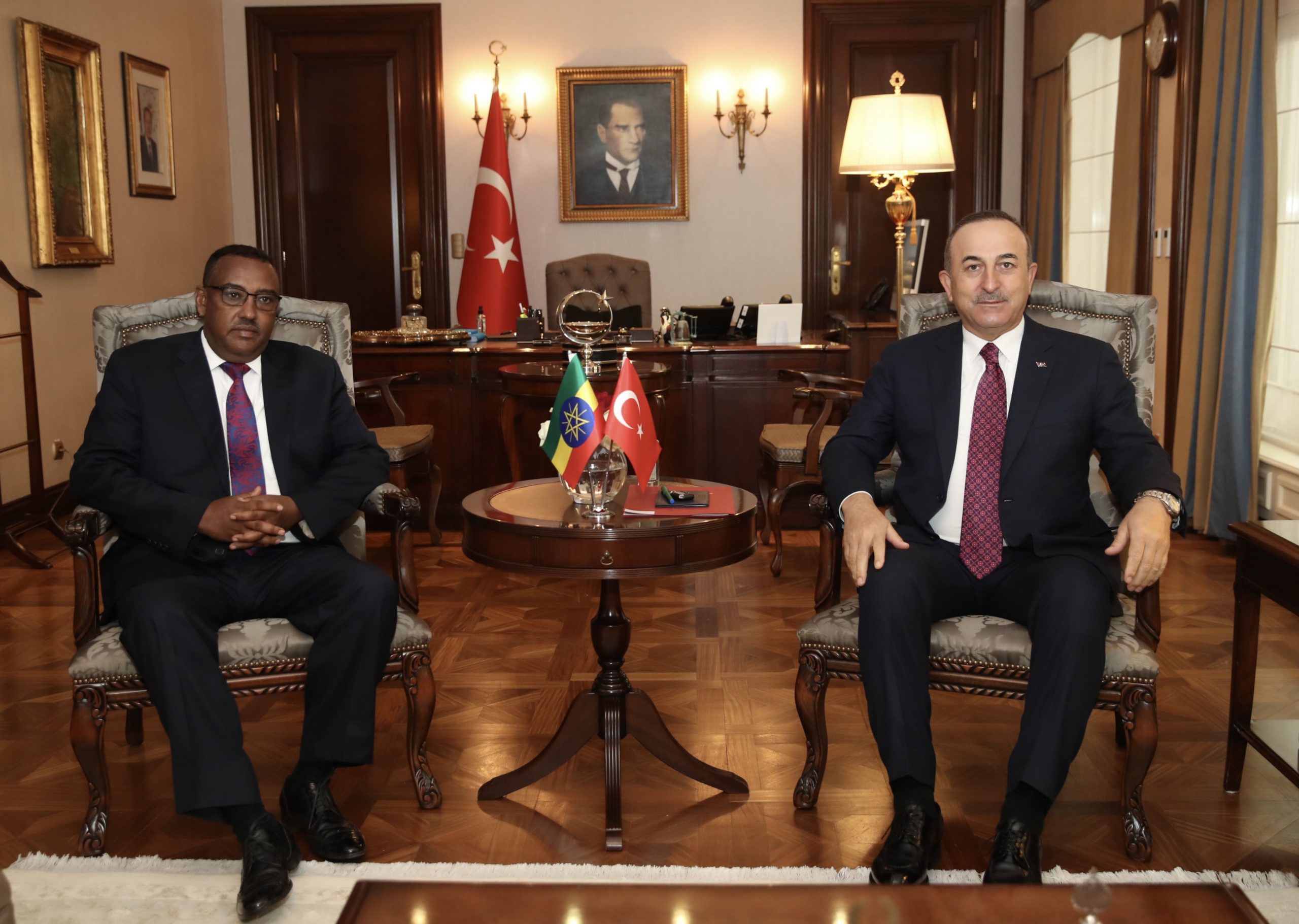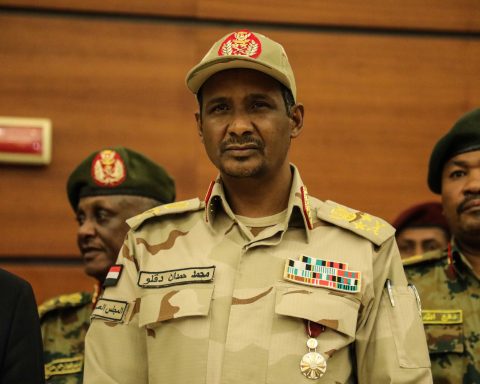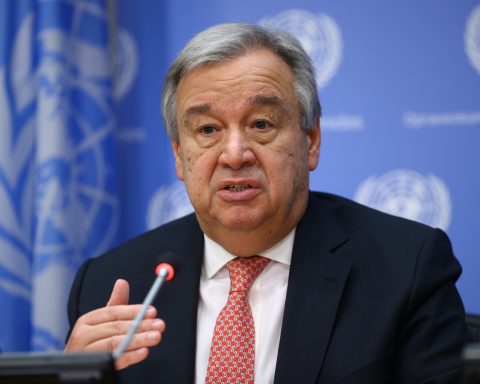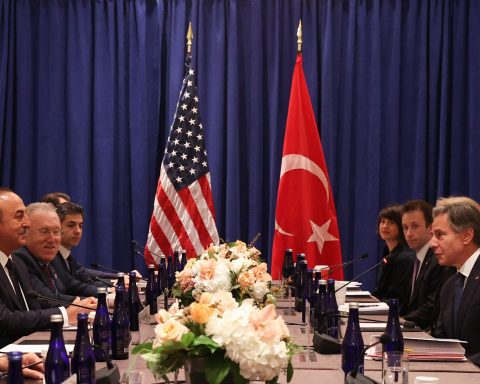In the session of approving international agreements that took place in the General Assembly of the Turkish Grand National Assembly last week, six bills were discussed. The “Cooperation Agreement in the Mining and Hydrocarbon Fields” signed between Turkey and Ethiopia is among the six approved law proposals.
Due to the rich natural resources of African countries, it is seen that many global actors have developed policies towards this continent, especially in recent years. Among the African countries, Ethiopia stands out with its deep-rooted historical background and today’s rising economy. Ethiopia draws attention due to the fact that it did not come under the rule of western colonial powers in the African continent, has an average of 11% economic growth in the last 14 years, and adopted liberal policies that strengthen the private sector with Abiy Ahmed, who was elected Prime Minister in 2018. It is also known that Ethiopia has rich natural resources such as natural gas, oil, iron and gold. It is reported that the current natural gas reserve of the country is 225 billion cubic meters. In this context, it can be said that the agreement signed between Turkey and Ethiopia, in the context of mining and hydrocarbon reserves, will contribute significantly to the development of cooperation between the two countries.
When the relations between Turkey and Ethiopia are examined, it is seen that they have deep-rooted relations since the Ottoman period. As a matter of fact, the fact that the first embassy of the Republic of Turkey in Africa was opened in Addis Ababa in 1926 is significant in expressing the closeness of relations between the two countries. In addition, Turkey’s “Opening to Africa” in 1998 and the declaration of 2005 as the “Africa Year in Turkey”, the opening of one of the first branches in Africa by the “Turkish Cooperation and Coordination Agency” (TIKA) in the country are important for the development of today’s relations. As a matter of fact, the “Presidency for Turks Abroad and Related Communities” (YTB) has also provided 632 Ethiopian students with the opportunity to receive education at the undergraduate, graduate and doctorate levels in Turkey.
Considering the trade volume between the two countries, according to the Turkish Statistical Institute (TURKSTAT), it is seen that it exceeds 400 million dollars as of 2020. As stated by the Turkish Ministry of Foreign Affairs, the total of Turkish foreign investments in Ethiopia, where there are more than 200 Turkish entrepreneurs, has reached the level of approximately $2 billion. In this context, it can be said that the cooperation agreement in the fields of hydrocarbon and mining, which was approved by the Grand National Assembly of Turkey, can have a multiplier effect on the existing commercial relations. Activities within the scope of this agreement include the development and promotion of mineral, oil and gas exploration and exploitation; identification and development of joint projects in the construction and maintenance of oil and gas infrastructures and the application of gas technologies; supporting bilateral cooperation in matters such as training programs and information sharing in the fields of minerals and hydrocarbons, participation in workshops, conferences and fairs, and the establishment of the Mining and Hydrocarbon Working Group to jointly develop cooperation plans.
As a result, both the deep-rooted historical structure of the relations between Turkey and Ethiopia and the increasing trade volume in parallel with the growing economy of the country in recent years strengthen the strategic cooperation mechanism between the two countries. In this respect, the cooperation agreement in the fields of mining and hydrocarbons approved by the Grand National Assembly of Turkey will have a multiplier effect on the strengthening of relations between the two countries.














